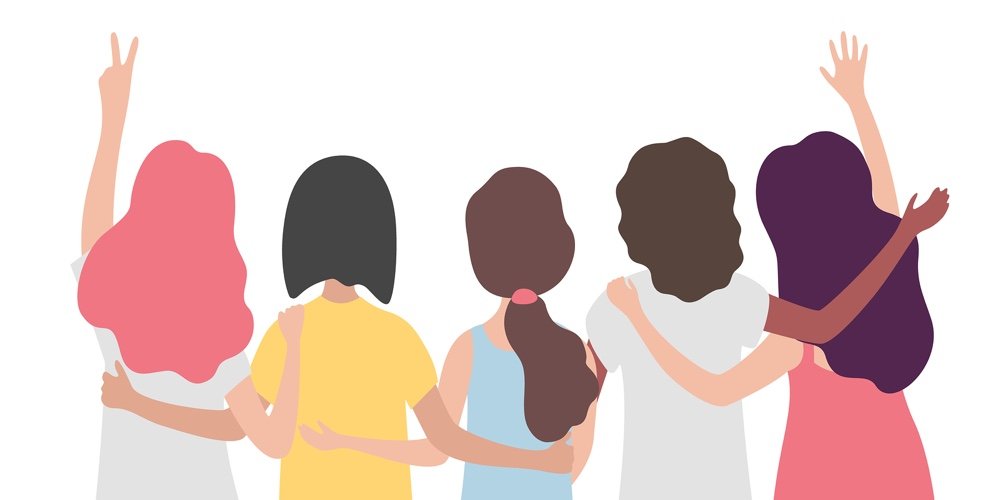GWLN Pink Paper WE for SHE
What are the obstacles holding women back in advancing to leadership roles in credit unions?
What are our members saying! What is your credit union doing? What are industry leaders saying?
All of this and so much more in the GWLN Pink Paper WE for SHE.
To view the online version, click HERE.
To download a pdf version, click HERE.
